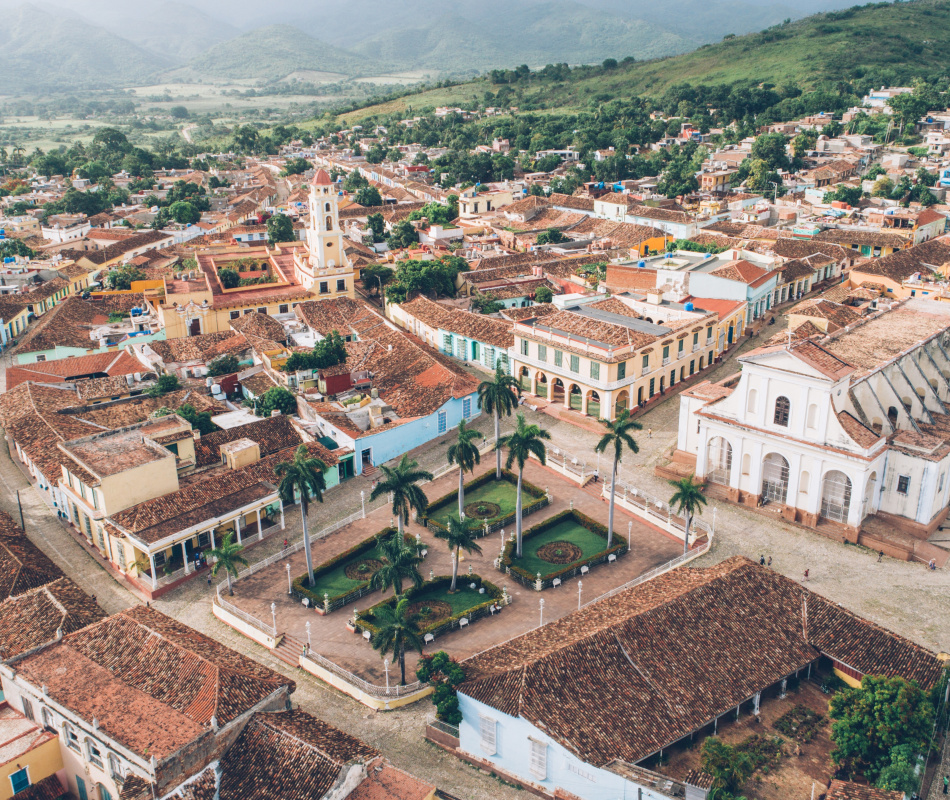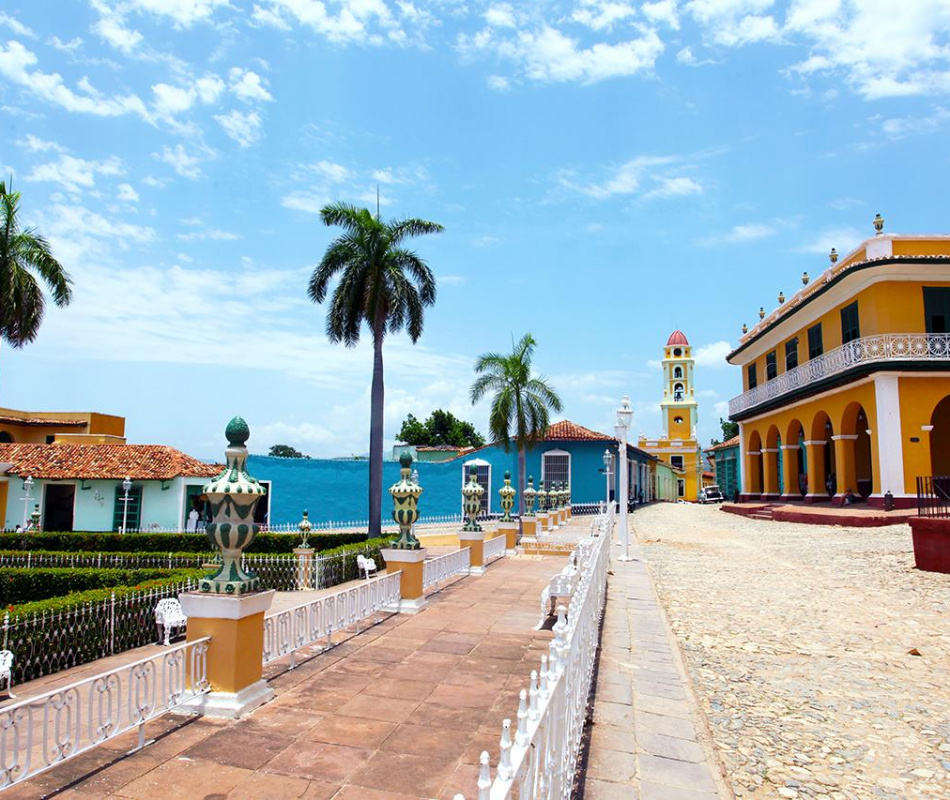Trinidad and Tobago are part of the British Commonwealth and stand somewhat apart from other island countries of the Caribbean. Situated in the very south of the region, geographically belonging more to South America than to the Antilles, they are an example of an intensively developing economy and recreational infrastructure.
The nature of Trinidad and Tobago is unusually rich. The humid subequatorial climate is favorable for the development of many tropical species of flora, and the fauna of the islands is so diverse that many hotels organize special excursions that provide an opportunity to observe animals in their natural habitats. (Of particular interest are the scarlet ibis - the national symbol of the island, caimans, snakes and silky anteaters).
Climate of Trinidad and Tobago
Subequatorial marine trade winds, hot and humid. Average monthly temperatures (+25-27 C) change little throughout the year, but the difference between day and night is quite noticeable - from January to May, the temperature in Port of Spain during the day reaches +31 C, while at night it can drop to +22 C. North-east trade winds moderate the heat somewhat from January to May.
A characteristic feature of the local climate is a rather significant difference in the nature of the distribution of precipitation. During the rainy season (June-August, sometimes until December), the islands are regularly hit by powerful tropical downpours, with rain falling almost every day, and the amount of precipitation reaching, on average, 260 mm per month (in the north-east of the island of Trinidad, up to 3800 mm of rain falls per year). From February to May, there is dry and sunny weather, and the amount of precipitation is no more than 150 mm per month. Air humidity is high all year round - from 84% from June to August to 66% in the dry season.
The islands of Trinidad and Tobago lie outside the "hurricane belt" and are not subject to the blows of the elements.
- January 1 - New Year.
- March 30 - Shouter's Day.
- March-April - Good Friday, Easter and Easter Monday. May 30 - Day of the arrival of settlers from India to the islands.
- May-June - Corpus Christi (Feast of the Body of Christ).
- June 19 - Labor Day.
- August 1 - Liberation Day.
- August 31 - Independence Day.
- September 24 - Republic Day.
- October - Diwali.
- December-January - Eid al-Fitr.
- December 25 - Christmas.
- December 26 - Boxing Day.



